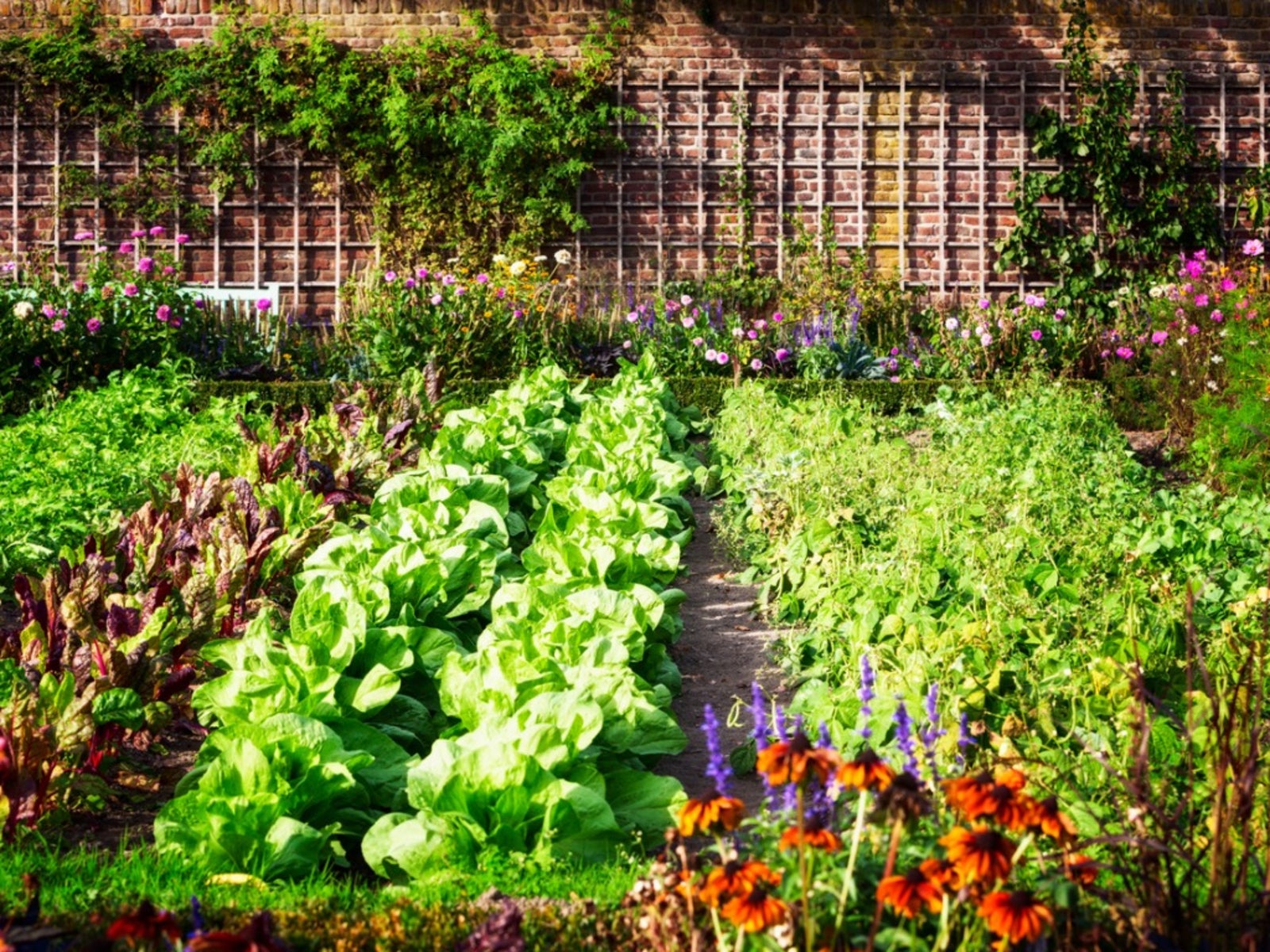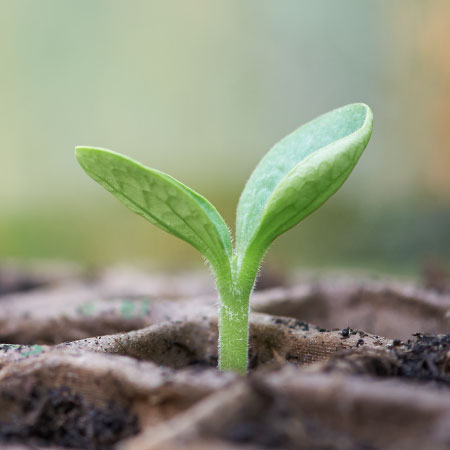
No matter where you go today, people are talking about organic foods. From the daily paper to the local super-center, organic is definitely in. No longer are organic fruits and vegetables just for treehuggers or the old hippies; they have come into the mainstream diet with a bang. So what exactly are the benefits of growing an organic garden? Keep reading to learn more.
Benefits of Growing an Organic Garden
Below, I've outlined five of the reasons why, if you have a garden, it should be organic.
- Taste - While many organic fruits and vegetables will not have the uniform look of those you purchase in a supermarket, they will have superior taste -- a virtual explosion of flavor that bears little resemblance to the taste of commercially raised produce. Nothing tastes better than fresh fruits or vegetables straight off the vine, tree, or plant. For fruits and veggies that don't have to be cooked, they can be tasted right there in the garden.
- Health - An organic garden is free from toxic chemicals, which means that the produce is free also. Your fruits and vegetables will not have a chemical residue that would enter your body if not thoroughly washed away. Organic produce has also been shown to have a higher vitamin and mineral content than produce grown with the use of chemical fertilizers, pesticides, and herbicides. By planting your own organic garden, you are assuring yourself and your family the best possible fruits and vegetables. Plus, you have the added benefit of exercise; from planting the seeds to carrying in the harvest, working in your garden will help tone your body and work off extra calories.
- Money - Planting your own organic vegetable garden will save you money. That is something we all want to do. Buying organic produce at farmers markets and health food stores can cost up to 50% or more over the regular supermarket. By growing your own, you save money at the store, and in these days of rising fuel costs, you won't have to make as many trips for the perishables. Preserving the excess will enable you to make your garden last long into the winter months without have to purchase 'greenhouse' vegetables from the store.
- Spiritual - Ask any gardener, especially an organic gardener, what they think about while tilling the soil, planting seeds, or pulling weeds in their garden. You'll probably get an answer similar to these: "it's my time with my higher power," "being in the garden brings me closer to nature," "working in the soil and watching the garden grow makes me feel I am part of something larger," or "it's meditative" and "my time of prayer."
- Environment - Since organic gardeners use no chemical pesticides, herbicides, or fertilizers, none of these chemicals can run off and find their way into the water supply. Another benefit of this lack of chemical run-off is that small animals, birds, and beneficial insects are not harmed. Since organic gardeners are continually building up their soil with organic matter, there is less erosion of topsoil leading to general erosion, which can impact an entire area. By putting organic waste into compost, you are helping relieve landfills from waste that would otherwise be taking up space there.
The benefits of organic gardening are many. I have only listed a few of the best. Your next step is learning to preserve the excess. By simple methods of freezing, drying, and canning you can literally enjoy the fruits of your labor on the coldest days of the winter. Even if you don't have room for a large garden, or can only container garden, the use of organic gardening principles will reward you in many different ways, including having the best and healthiest produce.
Sign up for the Gardening Know How newsletter today and receive a free copy of our e-book "How to Grow Delicious Tomatoes".

Kat Yares is a writer for Gardening Know How, specializing in organic gardening techniques.
